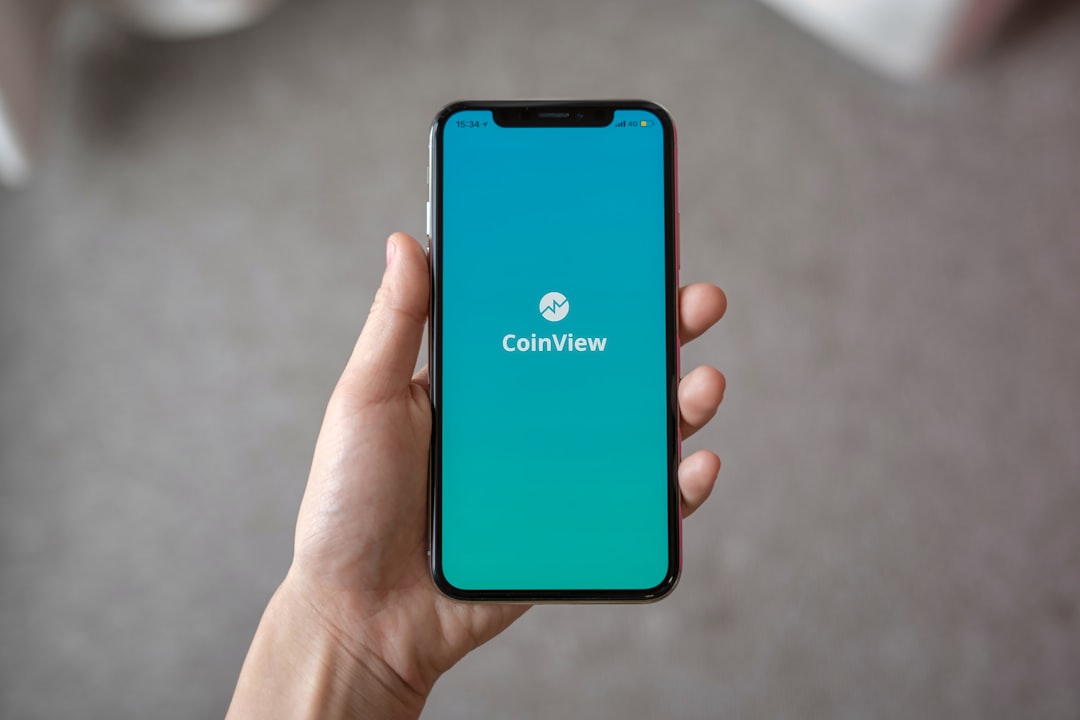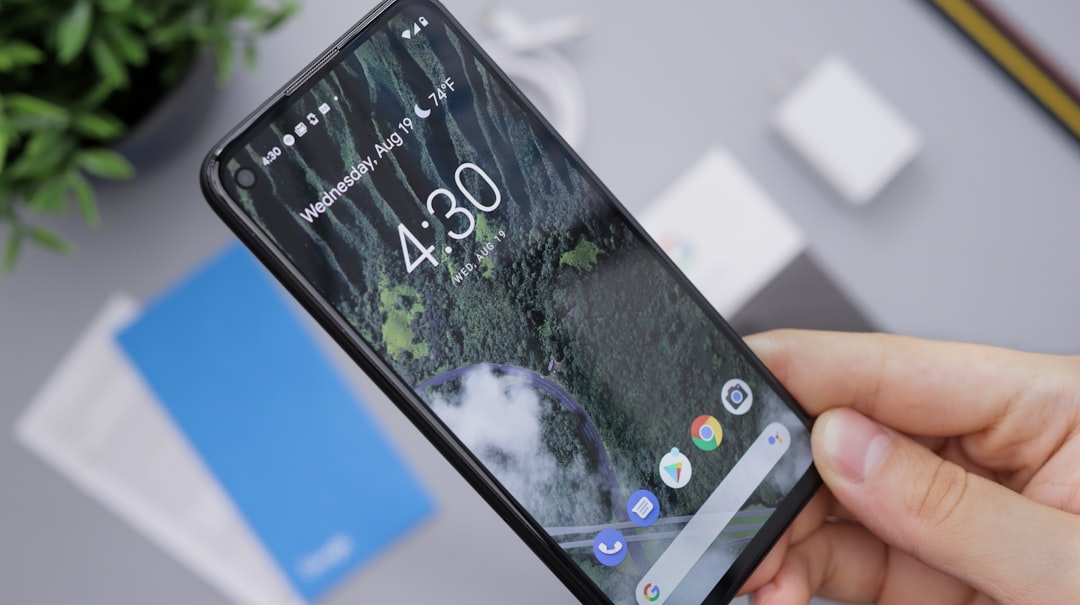Kentucky has enacted specific robocall laws to protect residents from unsolicited automated phone calls. These laws empower individuals to control their phone numbers and block unwanted marketing or fraudulent activities. However, existing solutions like call-blocking apps often rely on outdated methods and cannot keep up with evolving robocaller tactics. A robust robocall prevention app for Kentucky cell users must incorporate advanced machine learning, caller ID verification, do-not-disturb modes, dynamic blocking lists, and transparent data collection practices to be effective. Community engagement and partnerships are crucial for promoting the app's use, creating a safer communication environment in the state.
Kentucky cell phone users face a growing menace from unwanted robocalls, often breaking the state’s consumer protection laws. This article explores the prevalence and impact of these automated calls on Kentuckians, as well as existing solutions like call blocking apps. We delve into the development of an effective prevention app tailored to Kentucky’s legal framework and discuss strategies for its implementation and promotion within the state. Understanding and combating robocalls is crucial for a peaceful digital landscape in Kentucky.
Understanding Robocalls and Kentucky Laws

Robocalls, automated phone calls from unknown numbers, have become a prevalent nuisance for many Kentucky residents. These unsolicited calls often promote products, services, or even attempt to scam users by impersonating government agencies. Kentucky has recognized this growing issue and implemented specific robocall Laws to protect its citizens.
Under the Kentucky laws, telemarketers must obtain explicit consent from recipients before making automated calls. This regulation aims to give individuals more control over their phone numbers and safeguard them from unwanted marketing or fraudulent activities. Users can take advantage of these laws by informing themselves about their rights and utilizing tools like robocall prevention apps to block such calls effectively.
The Impact on Kentucky Cell Phone Users

Kentucky cell phone users, like many across the country, face a daily deluge of unwanted robocalls. These automated phone calls, often advertising or fraudulent, can be intrusive and disruptive, leading to increased frustration and potential security risks. With no federal law specifically targeting robocalls, Kentucky residents are particularly vulnerable, as state laws may not offer sufficient protection against this growing problem. This issue has become even more pressing in the digital age, where spammers and scammers leverage advanced technologies to reach consumers directly through their mobile devices. As a result, many Kentuckians are left seeking effective solutions to safeguard their personal information and peace of mind.
Current Solutions for Call Blocking

In Kentucky, as in many other states, robocalls have become a persistent nuisance for cell phone users. While there are numerous apps and software available that offer call blocking features, these solutions often rely on blacklists or pattern recognition to identify and block unwanted calls. These methods can be effective against known spammers but struggle against new or evolving robocallers who frequently change their phone numbers and tactics.
Current call-blocking apps tend to fall short when it comes to addressing the nuances of Kentucky’s robocall laws, which are designed to protect consumers from deceptive or nuisance calls. To truly mitigate the problem, users often need more sophisticated tools that combine advanced machine learning algorithms with regular updates based on legal and regulatory changes. This ensures that call blockers can adapt to new forms of robocalling while adhering to Kentucky’s legal framework.
Developing an Effective Prevention App

Developing a robust and effective robocall prevention app for Kentucky cell phone users requires navigating complex regulations, particularly those set by the state’s robocall laws. In Kentucky, there are stringent rules in place to safeguard consumers from unwanted automated calls, so any app aiming to mitigate this issue must adhere strictly to these guidelines. Incorporating features like caller ID verification, do-not-disturb modes, and dynamic blocking lists that adapt to new robocall patterns can significantly enhance its utility.
Furthermore, an app’s success lies in its ability to balance user privacy and protection. Transparent data collection practices, ensuring users have control over what information is shared, and providing customizable settings for call filtering are key to fostering trust. By combining these elements with advanced machine learning algorithms that can identify and block robocalls in real time, a prevention app can become an indispensable tool for Kentucky residents looking to reclaim their phone lines from intrusive automated calls.
Implementing and Promoting the App in KY

In Kentucky, where robocalls have been a persistent nuisance for cell phone users, implementing a robust robocall prevention app can significantly enhance consumer protection. The state’s robocall laws provide a framework for addressing unsolicited calls, but an app offers a hands-on solution that empowers individuals to take control of their communication. By promoting the app among Kentucky residents, especially those in rural areas where such calls are more prevalent, users can enjoy increased privacy and peace of mind.
Community engagement plays a crucial role in the success of any app-based solution. Local organizations, telecom providers, and consumer protection groups can collaborate to raise awareness about the app, demonstrating its effectiveness in blocking unwanted calls. Educational campaigns targeting businesses and community leaders can further reinforce the importance of adopting this technology, ensuring that Kentucky moves towards a more secure and less cluttered communication environment.






